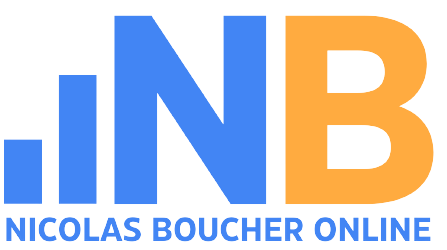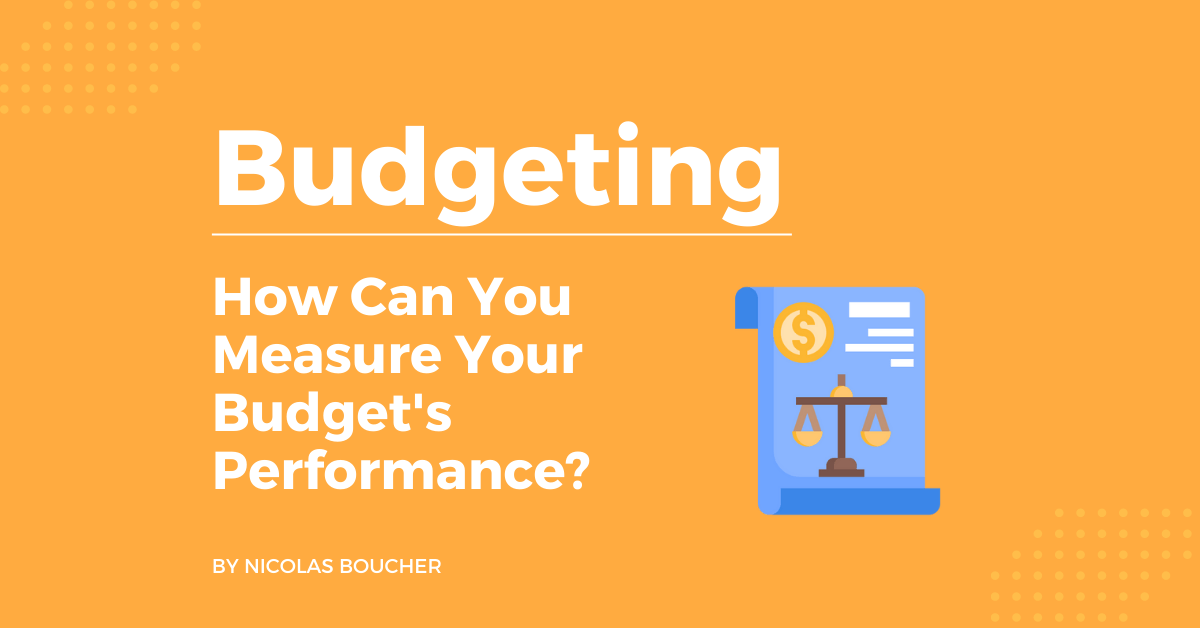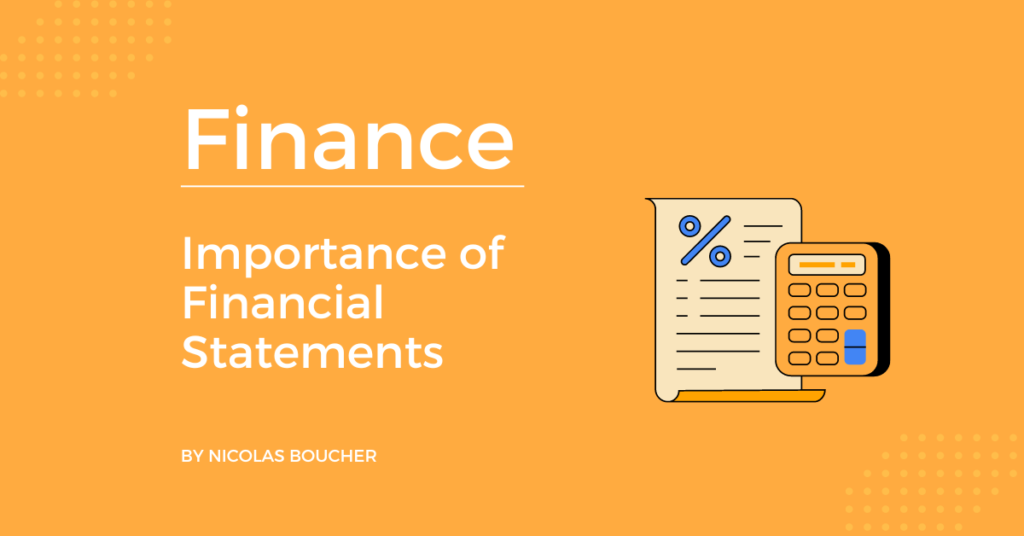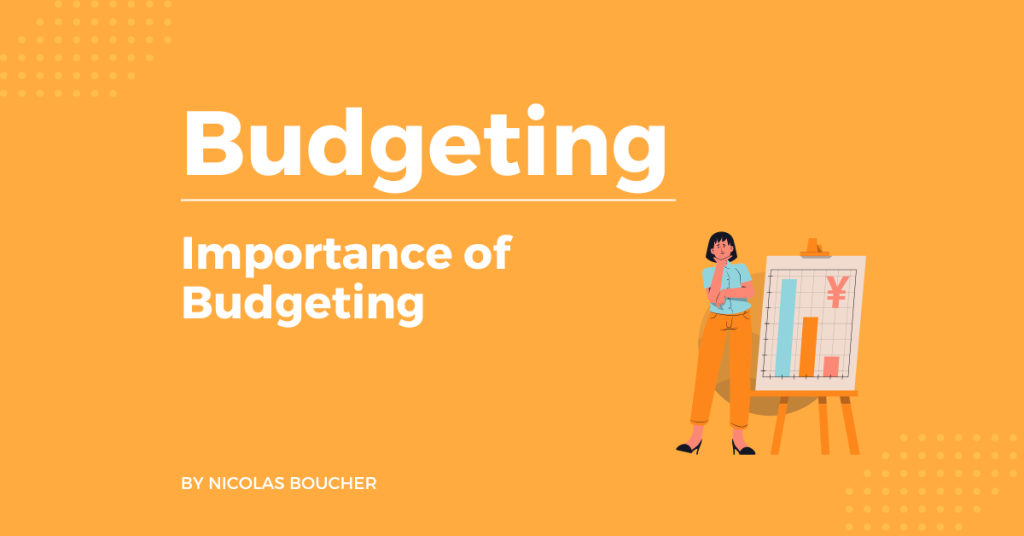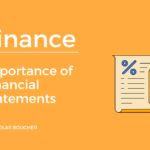How do you measure your budget’s performance?
Budgeting is an essential aspect of financial planning for any organization, regardless of its size. However, creating a budget is only the first step.
Measuring your budget’s performance is equally crucial as it helps to ensure that the organization is on track and meeting its financial goals.
In this blog post, I will discuss five indicators that you can use to measure your budget’s performance. And also how each of them can help to optimize your budgeting process.
Table of Contents
Indicators for Measuring Budget’s Performance
Here are the five indicators you can use to effectively measure your budget’s performance.
Actual vs. Budget Comparison
One of the most fundamental ways to measure your budget’s performance is by comparing your actual results with your budgeted figures. This comparison will enable you to identify any variances that may have occurred during the year.
By doing so, you can analyze the reasons behind the variances and make the necessary adjustments in your future budgeting cycles. This will help to optimize your budget by avoiding similar mistakes and ensuring that your organization stays on track.
Budget Process Length
The length of the budgeting process is another critical indicator of your budget’s performance. It would help if you measured the length between the start and end of the process and make an estimate of the man-days spent on the budget.
This indicator helps you to optimize your budget by identifying areas of the budgeting process that require improvement. Also, by streamlining processes, and reducing the time and resources required to complete the budget.
Iterations
Tracking the number of iterations you need to close the budget is another critical performance indicator.
By counting the number of iterations required to close the budget, you can aim to reduce it to only three iterations – the first draft, management review, and final. This will ensure that the budgeting process is not too time-consuming and resource-intensive, helping you to optimize your budgeting process.
Continuous Improvement
Using the budgeting process as an opportunity for continuous improvement is another way to optimize your budget. By analyzing the budgeting process, you can identify areas where you can streamline it and make it more efficient.
For example, you may find that certain budget lines can be combined or eliminated, or that certain manual processes can be automated. This will help to optimize your budget by reducing the time and resources required to complete the budgeting process.
Feedback
Soliciting feedback from stakeholders is essential to optimize your budgeting process. By seeking feedback, you can determine if the budget was effective in meeting their needs.
This will help identify areas where the budgeting process can be improved in the future. Which will ensure that your organization stays on track to meet its financial goals.
Conclusion – Measure Your Budget’s Performance for A Long-Run Success
In conclusion, measuring your budget’s performance is crucial to ensure that your organization is on track to meet its financial goals.
By using the five indicators outlined in this blog post, you can measure your budget’s performance and make the necessary adjustments to optimize it.
Continuous improvement is the key to achieving long-term financial success and optimizing your budgeting process is an ongoing process that requires consistent effort and attention to detail.
By doing so, you can ensure that your organization is well-positioned to succeed financially in the long run.
If you want to learn new budgeting and forecasting techniques, you can take my course and become an expert.
Also, I’ve developed a ChatGPT guide for finance to boost your creativity and accelerate your career!
